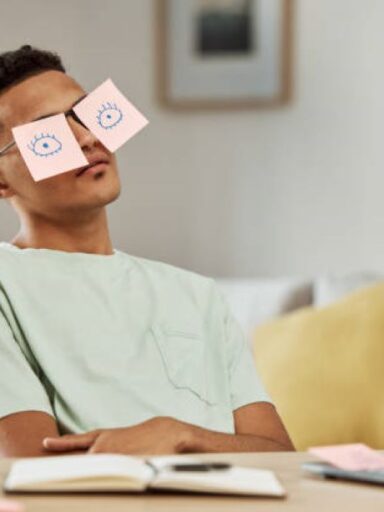Between the ages of 18 and 25, your body continues to develop in ways that may influence our weight. Hormonal shifts – especially in estrogen, testosterone, and other growth-related hormones – play a significant role in shaping adult bodies. For women, this typically means an increase in fat distribution around the hips, thighs, and abdomen as the body settles into its reproductive years. For men, an increase in muscle mass and redistribution of fat may occur, sometimes accompanied by slight weight gain.
Young women of this age group seem to be even more susceptible to an unhealthy focus on weight and appearances.1 It is important to remember that young women are in the prime of their hormonal fluctuations, which means they put on water prior to menstruation and take water off postmenstrual.2 This does not always indicate an unhealthy weight gain, and young women should try to remember that it is normal to go through these cycles each month. It may take some hard work and practice, but building some simple habits may take your focus away from these thoughts. For example, try to avoid negative body talk – about yourself and others – and try to focus on your positive characteristics. Try to take a break from social media and spend time doing things you like, such as reading or going for a walk.3
These changes are not always a sign that something is wrong. They are a normal part of becoming an adult. The added weight often supports metabolic, hormonal, and physical stability as you move out of adolescence and toward adulthood.
It is also important to acknowledge that weight gain during this time can be influenced by factors like a slower metabolism, which naturally decreases with age.4 Pair this natural change with a college lifestyle – less structured meals, late-night snacking, and potentially less physical activity – and the numbers on the scale may change. However, this is no reason to panic. Instead, it is a reminder to focus on building sustainable habits that support your health long-term.
While physical changes are normal, the societal pressure to stay a certain size or achieve a “perfect” body may be overwhelming for some young adults. College is often a time when body image concerns peak, as students compare themselves to peers or feel insecure about themselves. Individuals with the risk or diagnosis of eating disorders may be even more negatively impacted.5 Some individuals may take extreme measures to avoid gaining weight, which could cause even further problems.
The truth is, your body is meant to change. It is adapting to meet your evolving needs. A positive body image doesn’t necessarily mean loving every single detail about how you look. It means appreciating your body for what it does for you. Think of all the amazing things your body does every day! Instead of focusing on aesthetics, think more about how your body allows you to walk across campus over and over, hug your friends, or fuel your brain during a tough study session.
Rather than fixating on weight as a measure of health, aim to establish habits that nourish your body and mind. Eating a variety of nutrient-dense foods, staying active in enjoyable ways, getting enough sleep, and managing stress are important for long-term well-being. These habits not only help you feel good physically, but also promote a sense of self-worth that isn’t tied to the number on the scale.
College is a time for growth – not just intellectually, but also physically and emotionally. By embracing the natural changes in your body and focusing on what makes you feel strong, capable, and energized, you’ll set yourself up for a lifetime of health and self-confidence.
References:
- Mizia S, Felińczak A, Włodarek D, Syrkiewicz-Świtała M. Evaluation of Eating Habits and Their Impact on Health among Adolescents and Young Adults: A Cross-Sectional Study. Int J Environ Res Public Health. 2021 Apr 10;18(8):3996. doi: 10.3390/ijerph18083996
- Opsahl K. Facts don’t confirm lore about ‘Freshman 15’ weight gains. The Herald Journal. 2013 Sept 28. https://www.hjnews.com/news/facts-don-t-confirm-lore-about-freshman-15-weigh-gains/article_15a1a310-28b0-11e3-988c-001a4bcf887a.html
- Victoria State Government Department of Health. Body image – women. Better Health Channel. 2023 Feb 16. https://www.betterhealth.vic.gov.au/health/healthyliving/body-image-women
- Jones L. How to avoid the ‘Freshman 15.’ Hard News Cafe. 2008 Apr 9. https://www.usu.edu/today/story/how-to-avoid-the-freshman-15
- Kent S. ‘Freshman 15’ myth busted by new study. The Utah Statesman. 2011 Nov 13. https://usustatesman.com/freshman-15-myth-busted-by-new-study/
- Alone Cute Teenager Girl At Mirror In Living Room At Home Looking Her Sad Lonely Child Stands And Looks In His Reflection In Casual Domestic Clothes Concept
- https://unsplash.com/s/photos/mirror-body-image-little-girl




